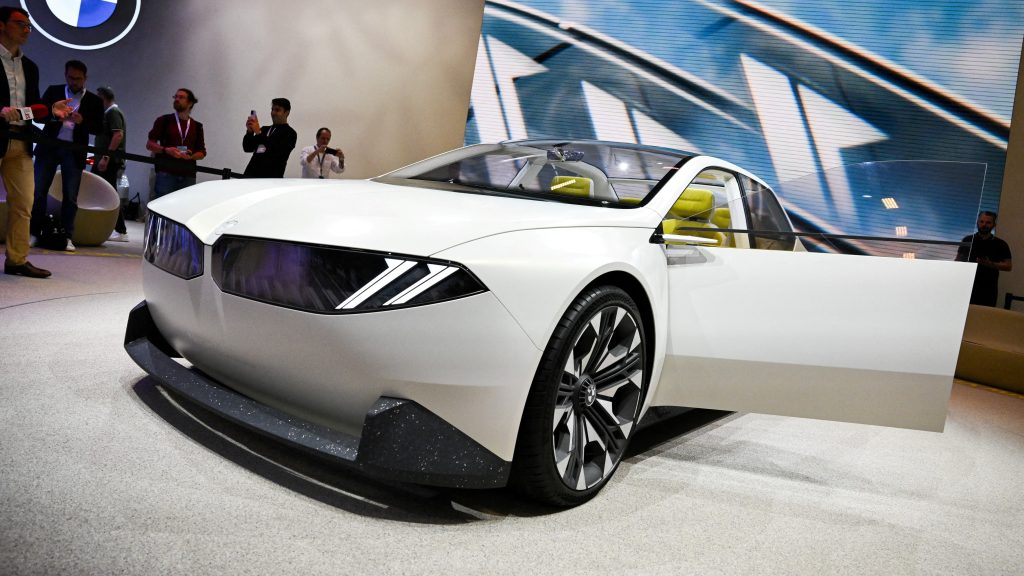
BMW is investing 650 million euros ($711 million) to convert its main plant in Munich to exclusively produce EVs from the end of 2027, the carmaker said on Wednesday, a major stepping stone in the transition to the electric age.
It is putting up four buildings including a new vehicle assembly line and body shop, and has moved traditional engine manufacturing to Great Britain and Austria, with 1,200 employees retrained or moved to other locations.
Unlike other carmakers, BMW has not set its own target for ending production of combustion engine cars, but is coming up against European Union regulation which effectively bans the sale of new petrol and diesel cars in the bloc from 2035.
All-electric vehicles made up 15% of the Munich-based carmaker’s sales in 2023, a ratio it expects to rise to a third by 2026.
Carmakers from Mercedes-Benz to Volkswagen have warned in recent months that EV sales are not developing as fast as expected, with economic pressures weighing on consumers just as supply chain bottlenecks that had held up production began to ease.
BMW presented its ‘Neue Klasse’ preview at the IAA car show last September, representing a multibillion-euro effort by BMW to jump the technology gap with competitors like Tesla and other EV makers.
The car, roughly the size of the carmaker’s current bestselling 3-series model line, will be built at the Munich plant from 2026 in parallel with combustion engine cars.
It will also be produced at BMW’s new plant under construction in Debrecen, Hungary, as well as in Shenyang, China, and San Luis Potosi in Mexico.
(Reporting by Victoria Walderse; Editing by Madeline Chambers and Jan Harvey)